We were lucky to catch up with Jessica Correnti recently and have shared our conversation below.
Jessica, looking forward to hearing all of your stories today. Let’s start with the story of your mission. What should we know?
For the last 14 years I have served vulnerable children and families in the hospital setting as a Certified Child Life Specialist (CCLS). Children who have entered the hospital for things like open heart surgeries, accidents and traumas, routine procedures like getting their tonsils removed, emergency room visits, inpatient hospital stays for new diagnoses or injuries. All of these experiences come with the potential for major stress, anxiety, fear, and trauma for a child. My role is a keen to an ’emotional first responder’. The child has numerous professionals that focus on specific pieces of the medical care. My role, as a CCLS, is to help the child process and cope with their reality in the hospital, breaking things down into simple, understandable information and allowing opportunity for expression and development of coping strategies. The first five years of my career was spent in pediatric intensive care units. As one might imagine, this area of the hospital can entail supporting many families through the death of a child. Supporting families during this time was an honor, privilege, and incredibly heartbreaking all at once. There is no greater loss than the death of your child. Never would I have imagined that a few years after leaving the pediatric ICU setting that I would be the one on the receiving end of this type of support. After several miscarriages, and one livebirth, our family went through the devastating loss of our daughter, Maggie, at 22 weeks gestation. Our lives were forever changed in that moment when we said hello and goodbye to our daughter. Having a child die has impacted every facet of my life–personally and professionally. Child loss changes relationships, your finances, your passions, your mindset, everything. While I have always had a passion for supporting children through difficult life experiences including grief, this personal experience amplified this passion and has given me a greater purpose for supporting grieving children and their families. I know that children and families are forever changed after going through the death of a loved one. It is my mission to provide kids with supportive tools to understand, process, and create positive coping and healing tools to grow and carry their grief with them as they grow and develop.
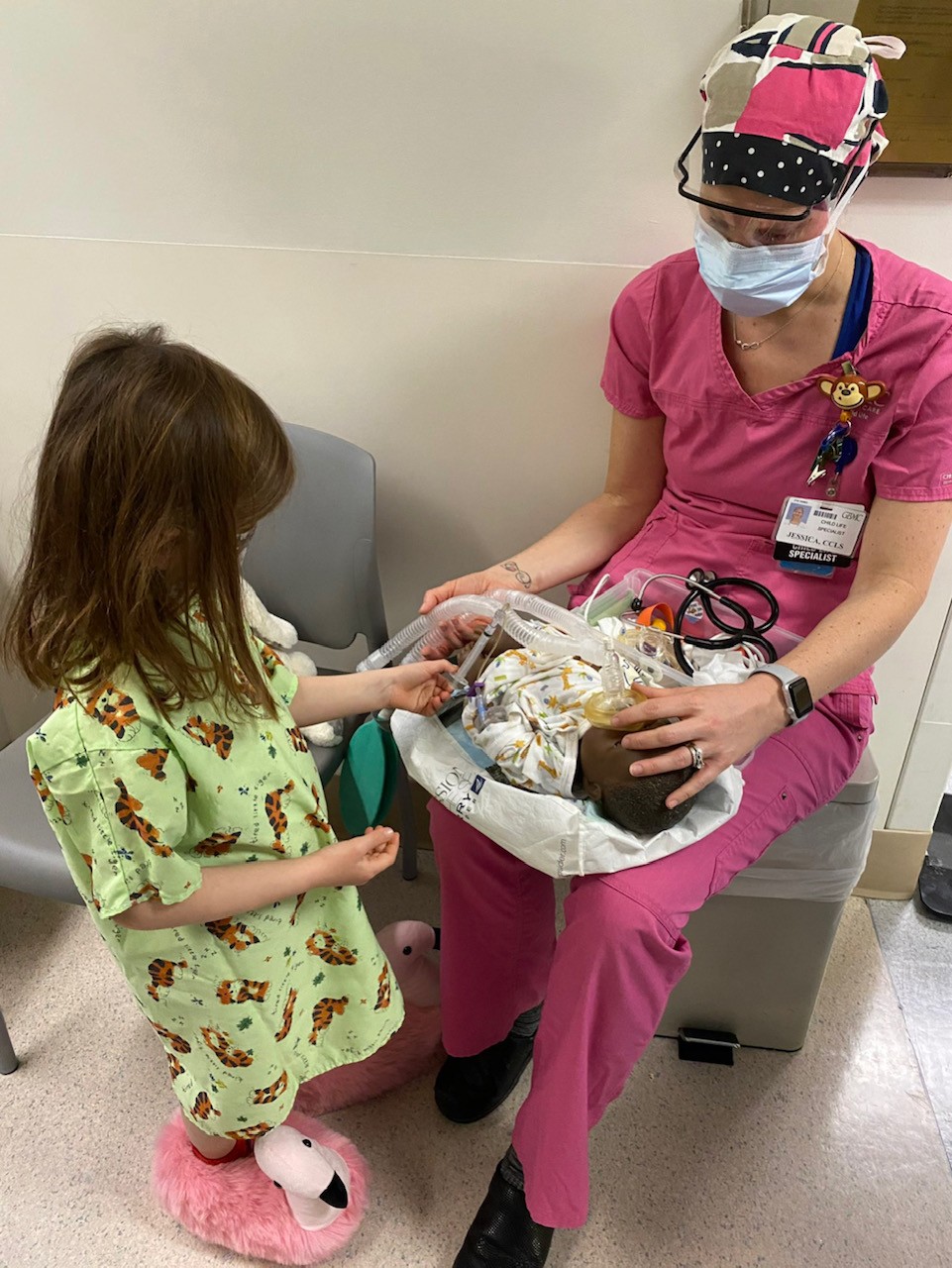
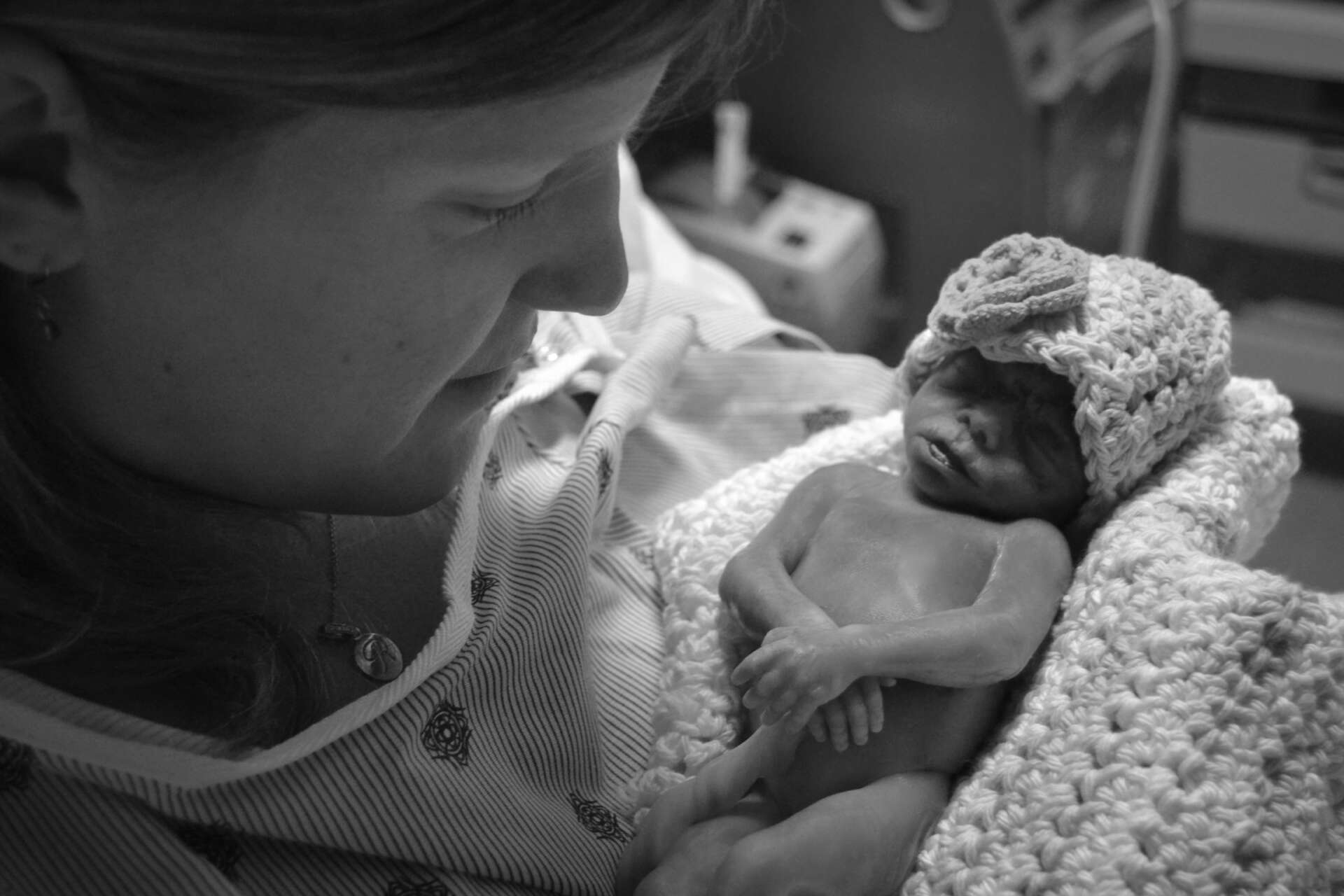
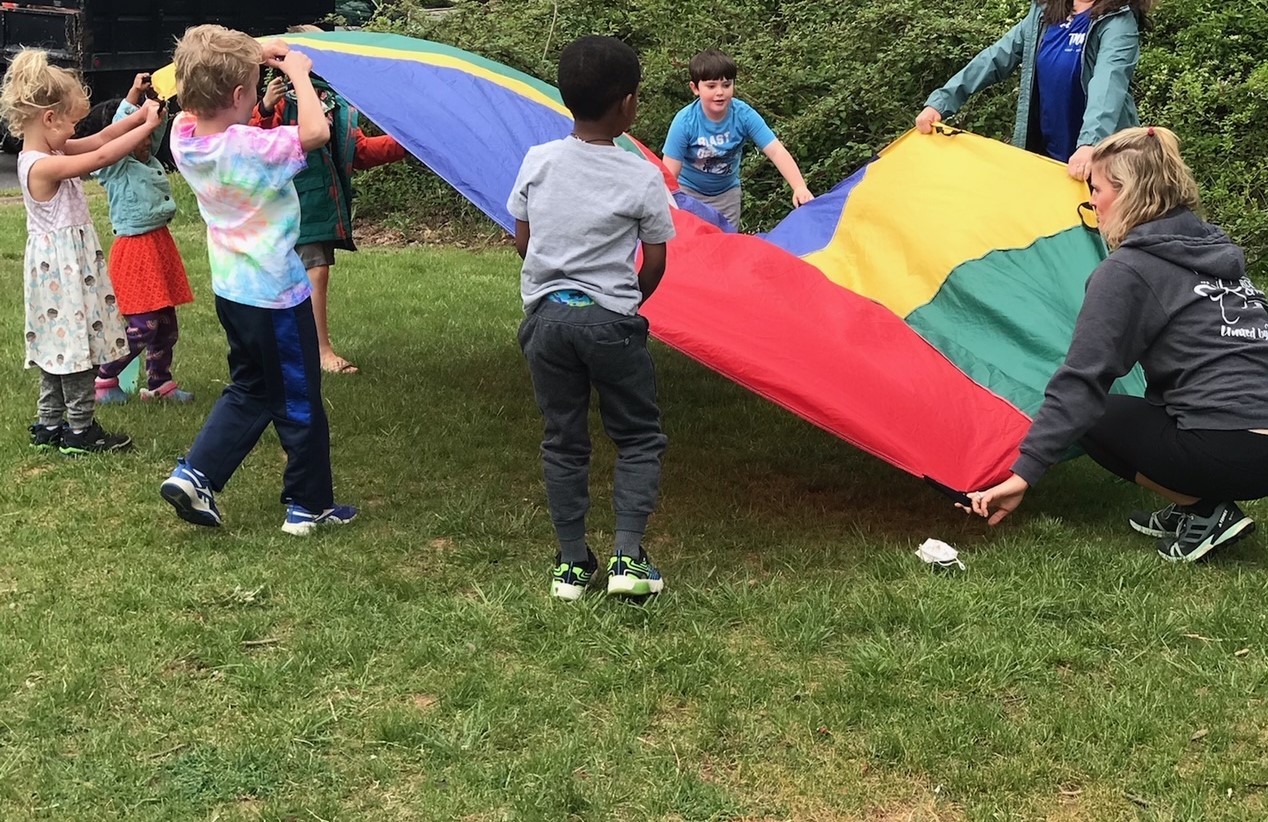
Jessica, love having you share your insights with us. Before we ask you more questions, maybe you can take a moment to introduce yourself to our readers who might have missed our earlier conversations?
After spending the last 14 years in the hospital setting as a Certified Child Life Specialist, Jessica has decided to branch out into the community setting after seeing a need for families struggling to find support once leaving the medical setting. Jessica started her private practice, Kids Grief Support, in January 2022. This private practice offers both virtual and in-person sessions (Baltimore Area) for grieving children and their caregivers. Virtual services are available to anyone that has access to a computer/internet. Parents and caregivers often reach out to me saying “My child has been through so much. I don’t know how to best support them” or “I want to give them the space to process everything in a way that will help them heal in a healthy way”. Often parents need outside support to help their grieving children cope, which allows the parents the time and space to grieve themselves. Sometimes a child is coming into my practice after having a parent, sibling, grandparent, or pet die. Some kids come into my practice after a difficult move, transition, or new diagnosis within the family. 1 in 13 children in the US will go through the death of a parent or sibling by the time they are 18 years old (National Alliance for Children’s Grief, 2022). That is a huge proportion when you think of a classroom of children or a sports team. Those children need support to make sure they have the tools to cope, because if they don’t then they are at a much higher risk for things like anxiety, depression, and chronic illnesses that stem from having an adverse childhood event (ACE) happen to them.
Aside from the individual, therapeutic play-based sessions, Jessica is also making a huge impact in the childhood grief community with her upcoming children’s book and through her content expert consultations with children’s grief organizations that are developing new programming. Jessica’s children’s book, Forever Connected, will be published within the summer months of 2022. The book is specifically for children that have experienced the death of a sibling. The book explores common thoughts and misconceptions that grieving children experience as well as a common theme of always having the connection, love, and bond with their sibling that died. There is this beautiful dance that occurs in this book to help children understand that although their sibling is no longer physically present in their lives, their sibling is forever connected to them. They are forever in their family and part of their story.
Jessica has helped The TEARS Foundation on both a local and international level with creating and building a sibling support program for children coping with the death of a sibling, including programming in Kenya that provides a yearly retreat for grieving siblings.
Jessica is passionate about speaking up for the needs of grieving children, who are often referred to as the ‘forgotten grievers’. The way kids think, and process is different than adults. Kids need advocates to speak up for these differences to help them cope with these traumatic life events. If parents are looking for support for their children or just want a sounding board to discuss ways that they can best support their children, then Kids Grief Support is a great place to start. Organizations that are starting a children’s grief program and individuals writing children’s books on grief or healthcare topics have been seeking out Jessica’s consultation services to assure that their content and programming is developmentally appropriate and supportive for grieving children.
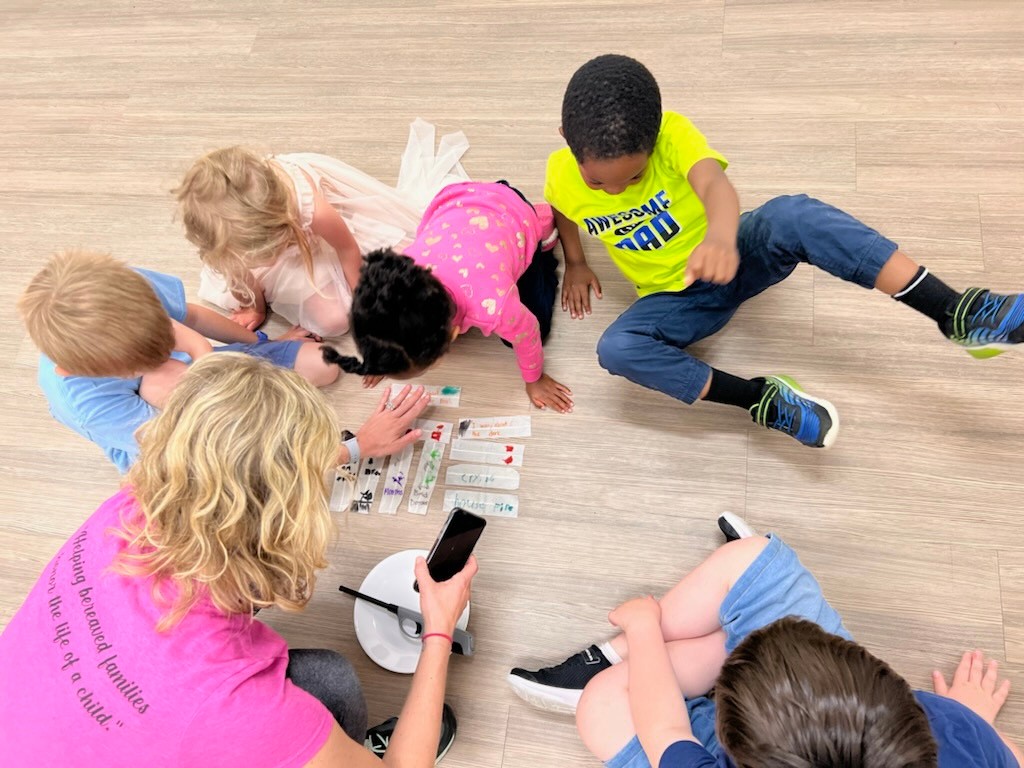
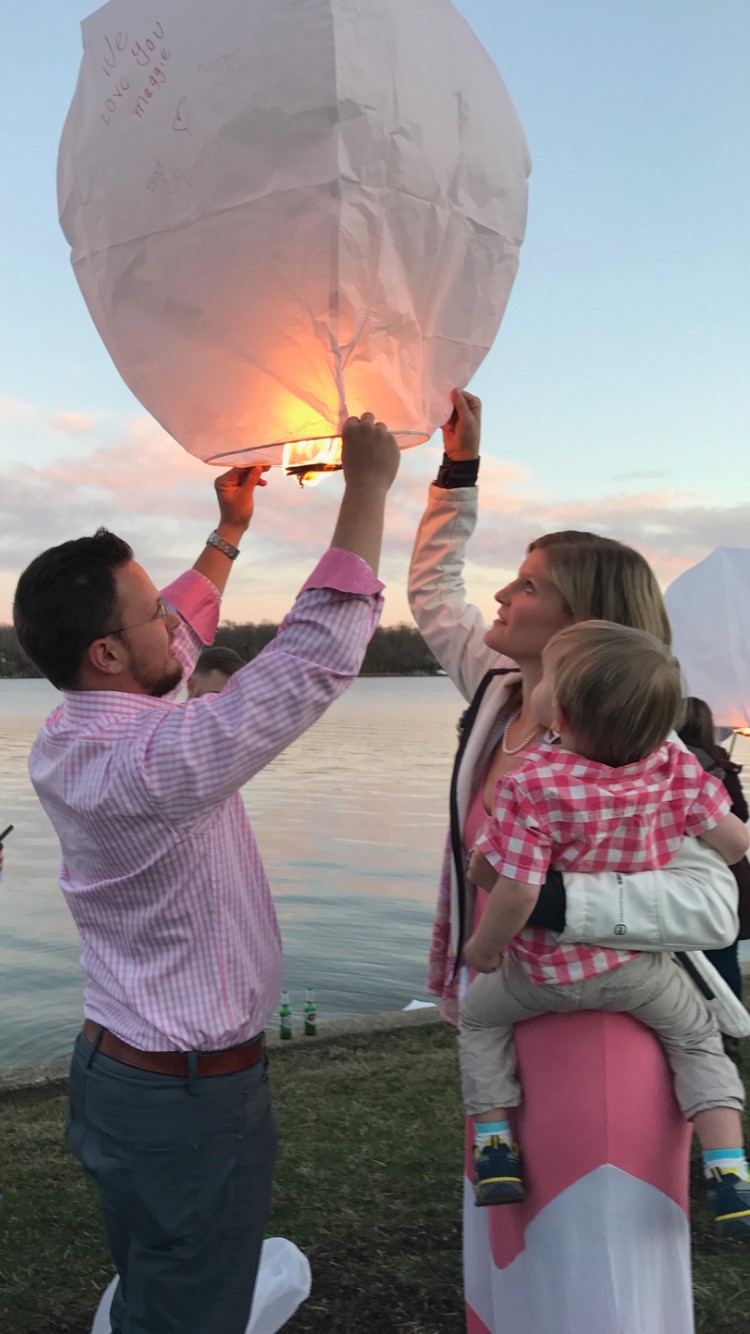
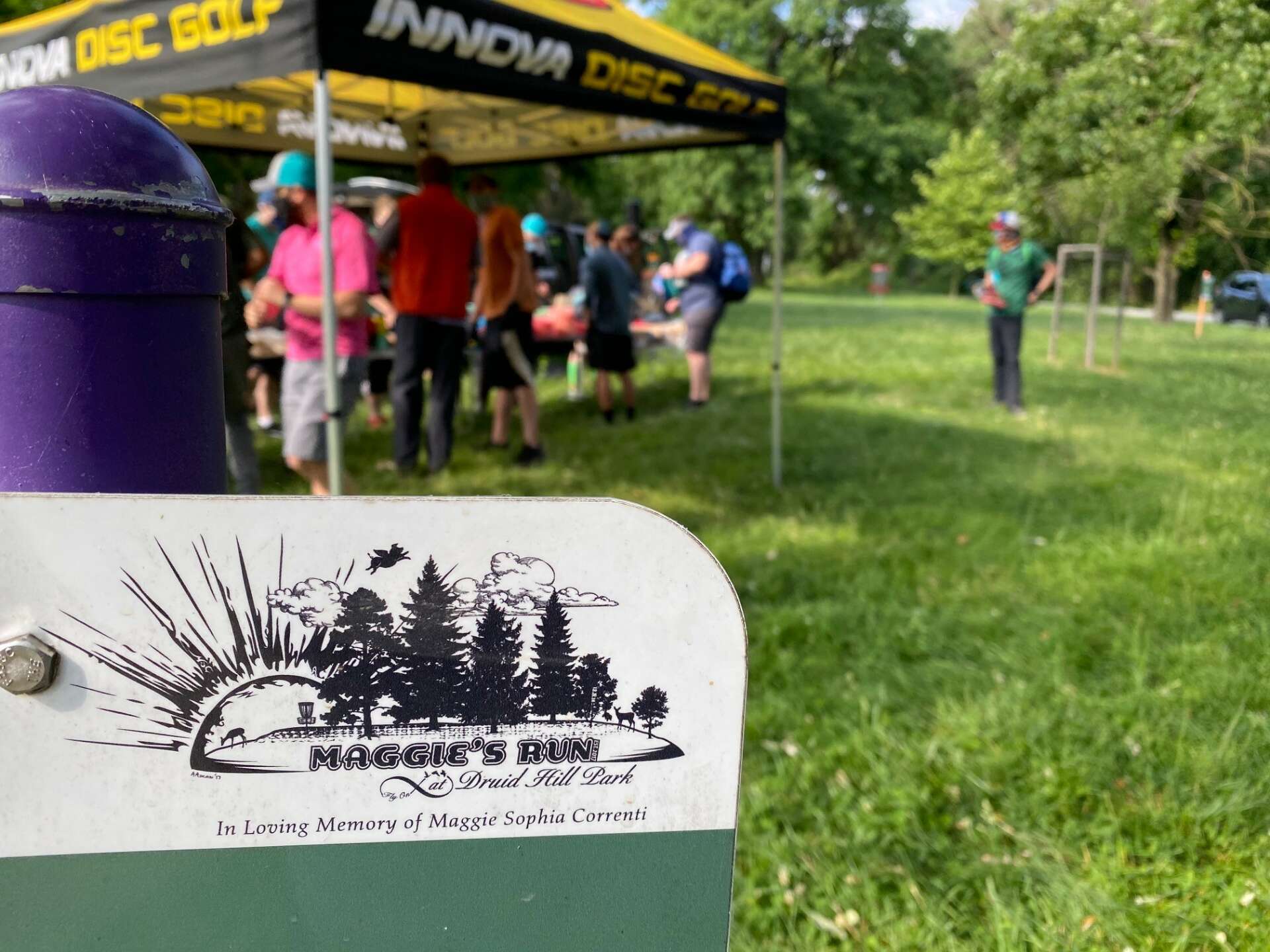
Let’s talk about resilience next – do you have a story you can share with us?
Late December 2016 I recall my husband and I sitting down on the couch chatting, a mere 3 weeks after our daughter died. It was a discussion I’ll never forget. Together we basically decided that we had two choices. We could sit silently in our grief or we could mourn out loud and do something with our experience. We decided in that raw moment, with tears streaming down our faces that we needed to do something outward with our grief. For our own healing and parenting of our child that died we needed to give back in a way, to support other grieving families. Our grieving and mourning journey has evolved many times since that day 5 years ago. Our giving journey started with us raising money to create a memorial Disc Golf course for our daughter, which was home of an annual fundraising tournament with proceeds going to Johns Hopkins Children’s Center Pediatric Palliative Care Department. Then our giving shifted and I started the Maryland Chapter of The TEARS Foundation in 2018, bringing financial and emotional support to families that have experienced pregnancy, infant, and child loss. In the Fall of 2021 I made the decision to create a children’s book to help children understand and cope with the death of a sibling. In January 2022, Kids Grief Support was opened to allow the opportunity for children and families to seek out therapeutic play-based support. In June 2022, I became the Director of the Maryland TEARS Center for Child Loss in Timonium, MD. I am always challenging myself to find new ways to develop and reach more grieving individuals in need of support. I could have taken a very different approach. Many grieving individuals do take a very different approach and that is totally fine. The beautiful thing about life and grief is that it is highly individual. What works for one person may or may not work for the next. There are all these phrases about “creating purpose from the pain” or “passion from the pain”. While I personally do identify with these statements on some level, that is not necessarily the path for all to take. Each of us will create a path that makes sense for us as individuals to process, heal, and carry our grief with us through life. I don’t know if resilience is the word I would identify with after trauma and grief; perhaps growth would be a better fitting word. It is impossible to ‘bounce back’ after grief, life is forever changed. However, you can choose to grow and move forward with your grief.
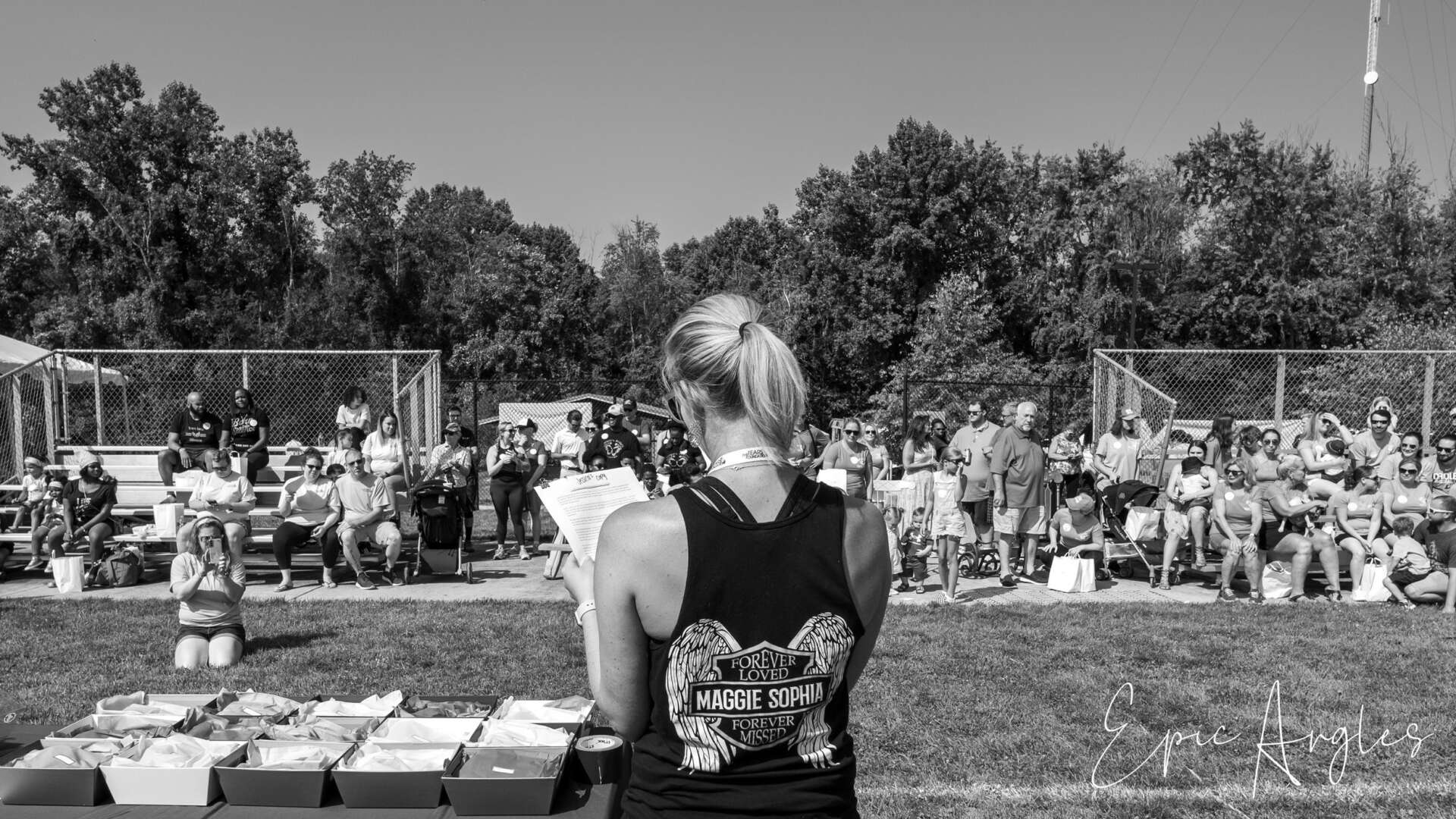

We often hear about learning lessons – but just as important is unlearning lessons. Have you ever had to unlearn a lesson?
There is only so much that ‘the books’ can teach you. Sometimes the best teacher in life is experience. I look back to my early career as a CCLS and realize that there are things that I said and did that I would never say now that I am a bereaved parent myself. When you have gone through trauma and tragedy yourself and then help others through the same there is this different level of care–proactive measures of support, a keen awareness of what is needed and things to avoid saying or doing to avoid triggering the individual. Before I was a bereaved parent, I remember using some common phrases like, “I am so sorry for your loss” “I can’t imagine your loss” “You are so strong”. These are all well-meaning phrases, but they can be so hard to hear, especially when they are said over and over and over again in the most gut-wrenching and raw times. Now, I listen more than I talk. I often start with phrases that I know were on my mind and have been shared with numerous loss parents as being supportive. I share words like “This is so unfair.” “There are no words to take away this pain” “I’m here for you in whatever way is supportive for you in this time.” “Do you want to talk about them/your experience?” I also know now that there is no ‘right way’ to grieve. There are no stages or timelines. Each individual will have a different path and way to cope. Life is a learning experience. We will not always ‘get it right’, but if we are authentic and open to learning and doing better that is what matters.
Contact Info:
- Website: www.kidsgriefsupport.com
- Instagram: @kidsgriefsupport
- Other: Email: [email protected]
Image Credits
Personal photo and photo 8: Julie Linz Photography Black and White photo of my back “Maggie Sophia” shirt: Epic Angles The rest of the pictures are from my personal phone/camera

